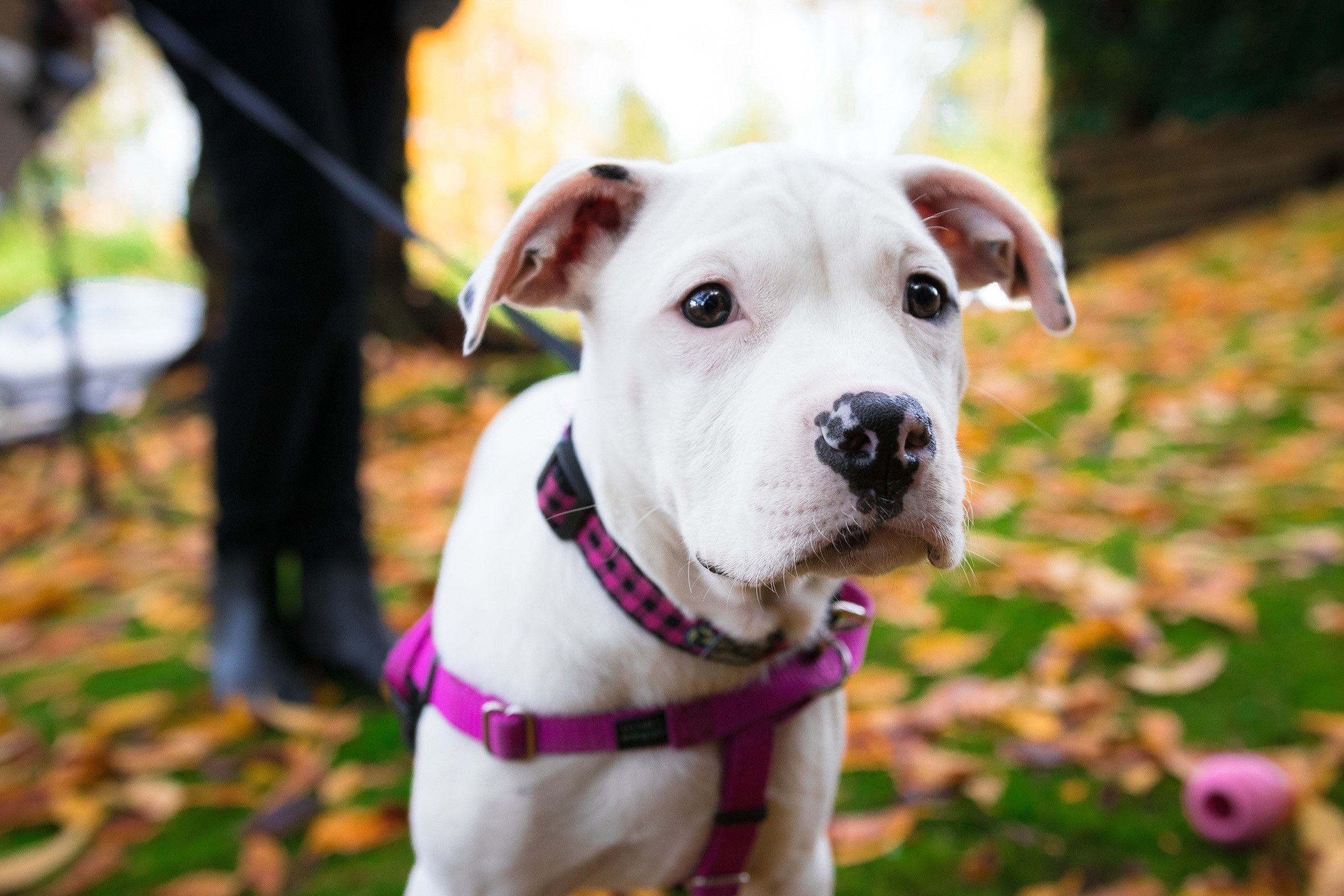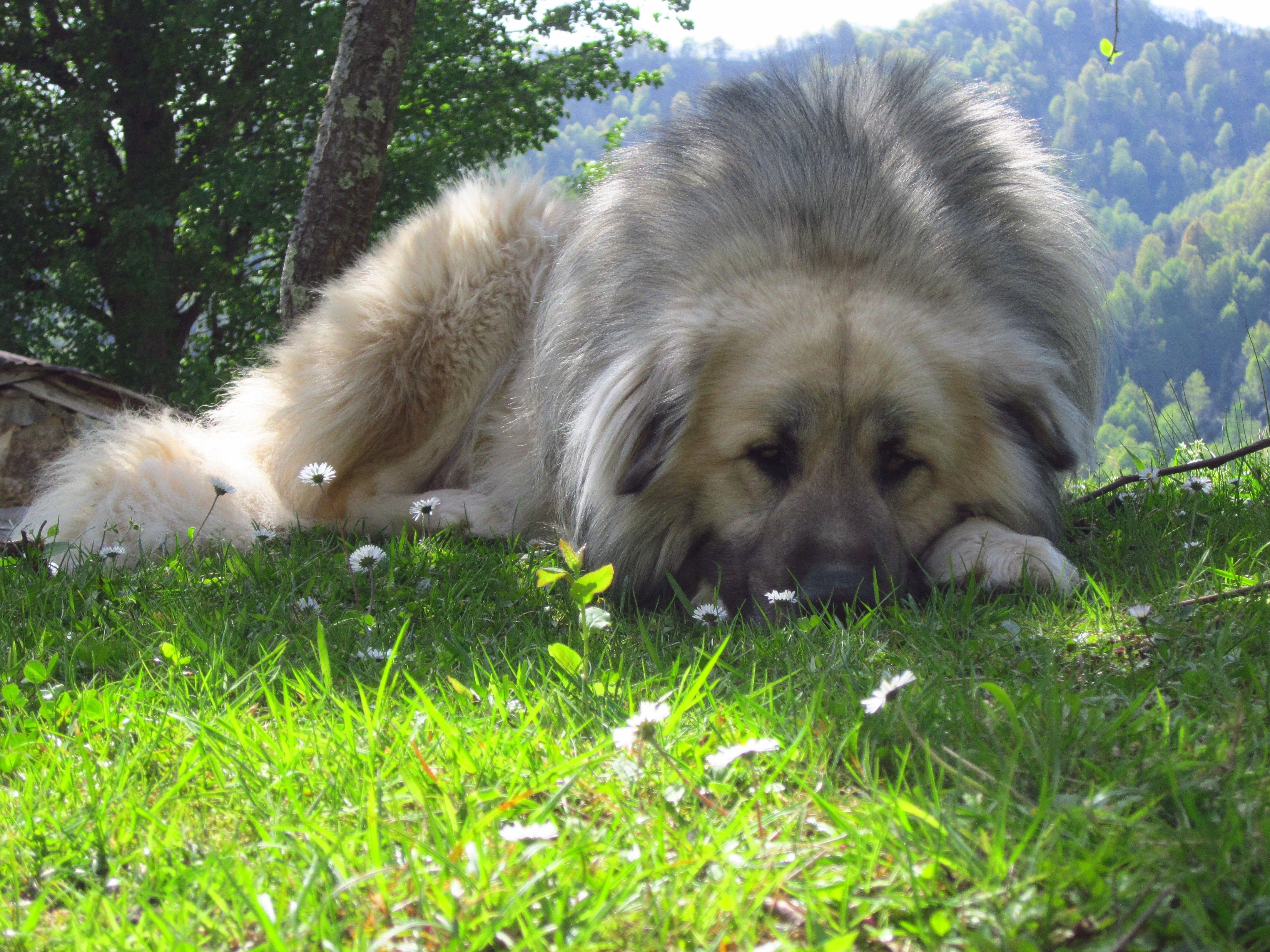Depression in dogs is similar to depression in humans. There are many ways to diagnose depression in humans, and they can tell about their feelings when they are depressed. However, your dogs do not have this option; they do not know your language, so we must understand their feelings when they get depressed.
There's not much research on dog depression, but it's hard to imagine that our furry, wagging tail companion can get sad. Dogs are brilliant and can experience and react to different emotions.
So how can you spot dog depression, and what can you do about it? In this article, we will describe some signs and possible remedies for canine depression.

What is Canine Depression?
Canine depression is defined as a disorder that causes feelings of loss, sadness, and decreased interest. Depression will affect your furry friend's thinking, attitudes, and behavior.
Causes of Depression in Dogs
There are a variety of reasons behind canine depression, and it is your responsibility to find this invisible enemy of your furry friend. Some of the possible causes of depression in dogs are:
Disease or Illness
When our dogs suffer from any illness, they will obviously get depressed. If your furry friend is sick and you find him depressed, it is essential to contact your vet. Your vet will determine the cause of the disease and the reason behind your dog's abnormal behavior.
If a health problem is diagnosed and treatment is recommended, you should follow the recommendation. Depression is found to be automatically eliminated if your dog recovers from physical illness.
If the disease is treated, but your dog is still depressed, find the emotional reason, and talk to your canine behaviorist.
Grief
Dogs can also feel the loss of their human and animal companions. If your dog has a pet companion at home or in the neighborhood he plays with, your dog will start to feel depressed if he loses them.
When you have to be out of town for a long time, your dog is attached to have moved, and your dog will start to feel depressed. There is no way to explain these problems to your dog. If you pay close attention to your dog, you will see that they grieve and feel depressed in these situations.
Environmental Changes
Dogs also feel depressed when you move to a new home or change their sleeping place during your home renovation or, at some point, even severe weather can affect normal dog behavior. Your dog will take time to adjust to these environmental changes, and during that time, he will feel depressed.
Fear
At some point, your dog may have a phobia or anxiety that will depress him. Dogs show concern in different ways, and if they try not to look scared, that makes them more vulnerable. When your dogs are afraid of, they will not perform routine activities and will protect themselves instead.

Feelings of owner
If you, the owner of our dog, feel sick or depressed, your dog is so smart that he will pick up on these feelings and start to feel the same way you do. They will become depressed and move anxiously around the house until they begin to behave normally.
A study was conducted at the University of Sao Paulo and Lincoln and found that dogs can match a person's voice or tone. They know your reaction when you are sad, angry, or happy, so they change their mood according to yours.
Change in your schedule
If your work hours have suddenly changed, you have to go to the office early in the morning and return late at night, or suddenly start working the night shift. This means that your dog's schedule will also change, you will not be able to take your furry friend on the 6 a.m. walk.
If your dog goes out on his regular schedule, they will not show any signs, but when dogs cannot go out, it is a significant change for them, and they start to feel depressed.
How do you spot the Depression?
You have learned about the causes and now how you would detect depression in your puppy. These are some of the common signs of canine depression; some are similar to those of humans.
Change in Appetite
When your dog becomes extremely depressed, the first thing that appears is the loss of interest in food and, finally, the loss of weight. On the other hand, some dogs act precisely against that when they feel depressed, eat more, and gain weight.
Over Sleeping
As you know, dogs like to sleep and sleep a lot. But they sleep when the owner is not around. At some point when you leave your furball for a long time, and he sleeps all day, and when you come back if he continues to relax and don't pay attention to you, there could be something wrong with him.
If your dog has a physical problem, find that first, but if you didn't find any symptoms, he might be depressed.
Loss of interest
When your dogs feel depressed, they will lose interest in walking, playing, feeding, and other things that generally excite them. If your puppy has no interest in these activities and is becoming less active, then he is suffering from canine depression.
Excessive paw Licking
Licking is one of the standards and visible signs of any psychological problem. If your dog is depressed, he will touch and excessively bite his paws to calm himself.
Avoidance
If your dog suddenly begins to override everything, it means that he is suffering from an illness or injury or has a feeling of depression. Sometimes dogs start hiding from everything, which means that something is emotionally bothering them.

Treatment of dog depression
Before starting treatment, the first thing to look for is medical and physical problems. Also, watch for any behavior changes in your dog. Your vet will perform all of these checks before starting treatment.
If your dog suffers from a loss of initiative and slow deterioration, consider it as a sign that something is wrong with your dog. You should make the changes and start building your pet's life full of fun. Once you begin these activities, the next step is to increase your dog's activity level. A good measure is to exercise with your dog.
You can also try engaging your dog in fun related activities such as fun tricks, games, and general training. Do activities with your dog that strengthen your bond. You can also take your dog to parks or dog care centers.
If your dog is depressed due to the loss of a company like any other pet. If the time is right for you, it is better to adopt another pet. This adoption can be useful in coping with the loss of a companion. You should proceed carefully because, at some point, if your current one does not accept the new dog, it will make things worse.
If these activities don't help, then your vet will go for the medication. Medication is considered the ultimate solution and, in some cases, the best option. Your vet will prescribe medication after extensive research because all depression medications are not suitable for all dogs. You can also consult your animal behavior specialist to improve your dog's mental health.
Depression is not considered a big problem in our society. People often think that this problem will resolve on its own after a short time, but if you don't fix it, it will worsen. If depression is left for too long, it can lead to a life-threatening condition. Give your dog all the help to cheer him up. You should also contact your vet and follow the treatment plan.



















